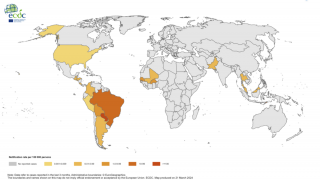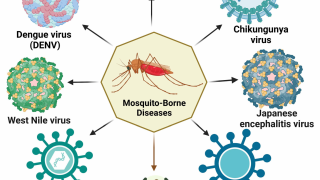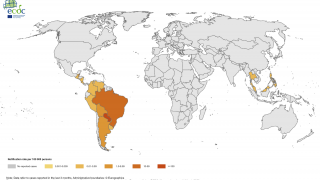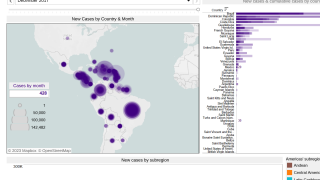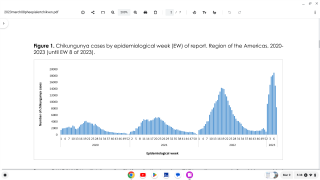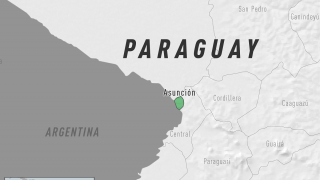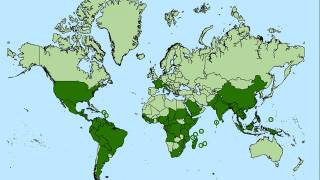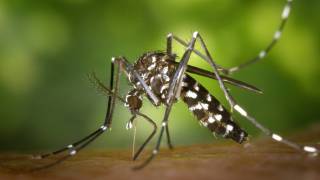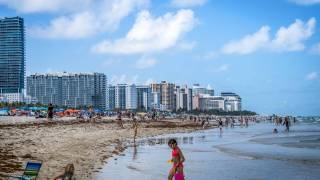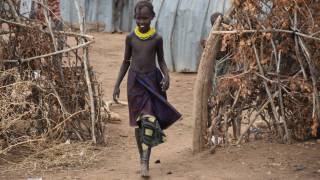Chikungunya Vaccine Candidate Launches Clinical Trial
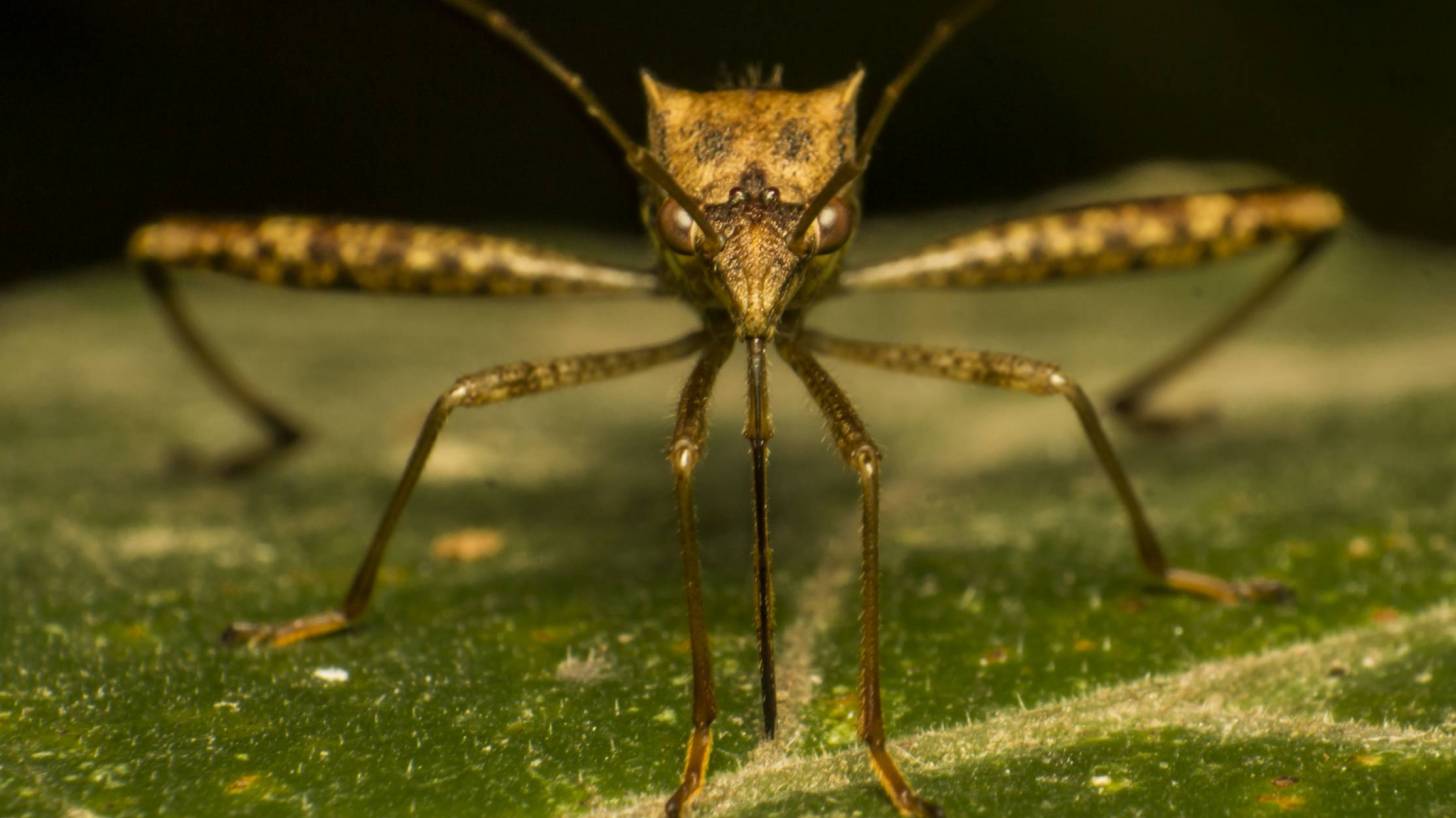
A clinical trial of an experimental vaccine, MV-CHIKV, to prevent infection with chikungunya virus is now enrolling healthy adult volunteers in the United States.
The Phase 1/2 trial, is sponsored by the National Institute of Allergy and Infectious Diseases (NIAID), part of the National Institutes of Health (NIH).
As of March 2017, Chikungunya may have infected more than two million people in the Americas, according to the Pan American Health Organization (PAHO).
"Chikungunya virus can cause debilitating joint pain that can last for months or even longer," said NIAID Director Anthony S. Fauci, M.D.
"A vaccine to prevent infection with this virus would be of considerable benefit to people living in the more than 60 countries where chikungunya transmission has occurred, as well as travelers to those countries."
Although chikungunya is rarely fatal, the mosquito-transmitted virus causes an intense inflammatory reaction resulting in severe joint pain, fever, rash and muscle pain. While most symptoms usually resolve in days, the joint inflammation can linger.
This candidate vaccine is a measles vaccine virus modified to produce chikungunya virus proteins. Once inside a human cell, the vaccine induces the production of both measles and chikungunya proteins. The immune system then develops antibodies against those proteins, which may protect the vaccinated person from future infection by chikungunya virus.
Led by principal investigator is Patricia Winokur, M.D., of the University of Iowa Carver College of Medicine. For more information about the MV-CHIKV vaccine study, see ClinicalTrials.gov using the identifier NCT03028441.
Themis Bioscience is currently conducting a Phase 2 trial in Europe with the MV-CHIKV vaccine candidate.
Other chikungunya vaccine candidates are also under investigation in different trials, including one that uses virus-like particles (VLPs) to induce an immune response in recipients. NIAID sponsored the Phase 1 trial of the VLP vaccine candidate; a Phase 2 trial began in 2015.
Previously, during December 2016, researchers from The University of Texas Medical Branch at Galveston, developed the first vaccine for chikungunya fever made from an insect-specific virus that doesn’t have any side effects on people.
The newly developed vaccine quickly produces a strong immune defense and completely protects mice and nonhuman primates from disease when exposed to the chikungunya virus.
Our Trust Standards: Medical Advisory Committee


